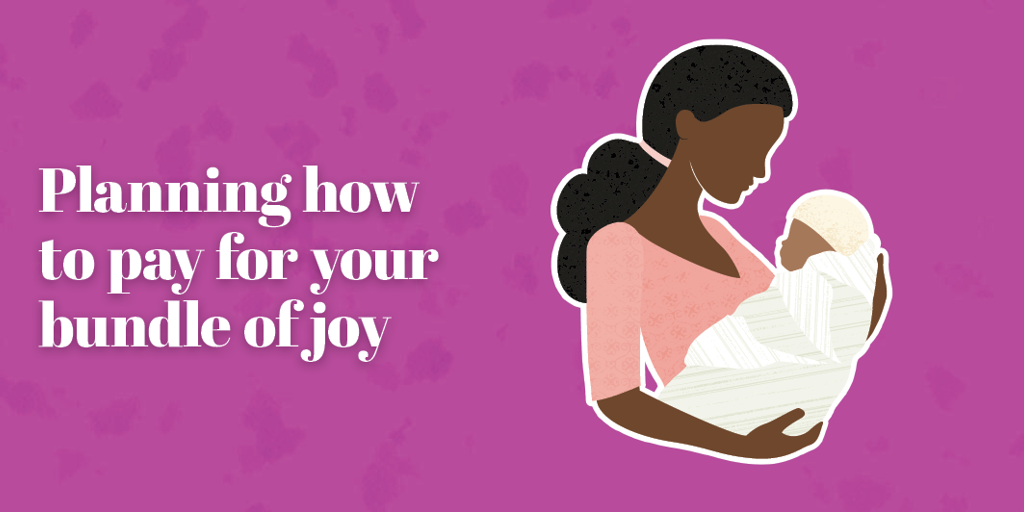


Planning how to pay for your bundle of joy
Are you adding a child to your family? Congratulations! Whether it be through birth or adoption, parenthood is a fulfilling experience that requires careful planning and consideration.
As with any major life change, if you have a better grasp of the financial requirements and tasks, you can be better prepared for what's ahead.
Plan things one step at a time. Ask relevant questions, such as:
- Will you (or your partner) take parental leave? Though the United States does not offer universal paid parental leave, many employers offer some kind of maternity leave, and might include some portion of it as paid time off. In fact, the Family and Medical Leave Act allows eligible employees to take up to 12 weeks of unpaid leave after the birth of a baby. Talk with your boss and your HR department to see what you can arrange. Don’t forget to explore options for paternity leave, as well. If no paternity leave is officially available, talk with your partner. You might still be able to save vacation time or other paid time off.
- Will you plan on a hospital, birthing center, or professionally assisted home birth? Be sure to include the financial aspect in your research. Does your health insurance cover a specific method and not others? Are your doctors and other prenatal professionals covered under your insurance plan? These kinds of questions are very important. Meet with the birthing professionals or institution beforehand to clarify billing procedures and to make as many arrangements as possible before the baby arrives.

- Where will you get all of the supplies you'll need for your new family member? Will you buy most things new, or can you buy second-hand or borrow? While it is very important to buy some things new for safety reasons (car seats and strollers, for example), many other expenses can be reduced through buying things secondhand—or even borrowing them! Baby clothes, toys, diaper bags, and other necessities can break the bank if you’re not careful. Take a good look at your budget and see what you can reasonably afford.
- Are there existing medical or other conditions for the mother or child which will require special treatment? While most people can’t know this answer for sure, it is something to consider. For example, if you plan to adopt a child with special care requirements, or if the mother has special medical circumstances, look at those extra costs and budget them in as best you can.
The answers to these questions can inform you as you create a new budget. Look at your current expenses to see where you need to adjust. You'll probably end up needing more than you expect for your new bundle of joy, particularly if this is your first child. Calculate the cost of your baby’s first year. Being generous with your budget now and planning around these new expenses in advance can make the transition easier when the baby arrives.
If possible, start setting aside the amount you plan to spend on your child each month in a separate account. If one partner plans to stay at home after the baby is born, ease your way into living on one income and set the rest aside in the baby account, too. This way, you can make the financial shift before your child arrives, and you have some extra money put away for unexpected (or expected) expenses. If things are too tight, talk with your partner and decide where you can adjust your new budget.
Courtney Shauf is manager of F&M Trust’s Orchard Park Community Office.
Recent Articles
Join our e-newsletter
Sign up for our e-newsletter to get new content each month.






















